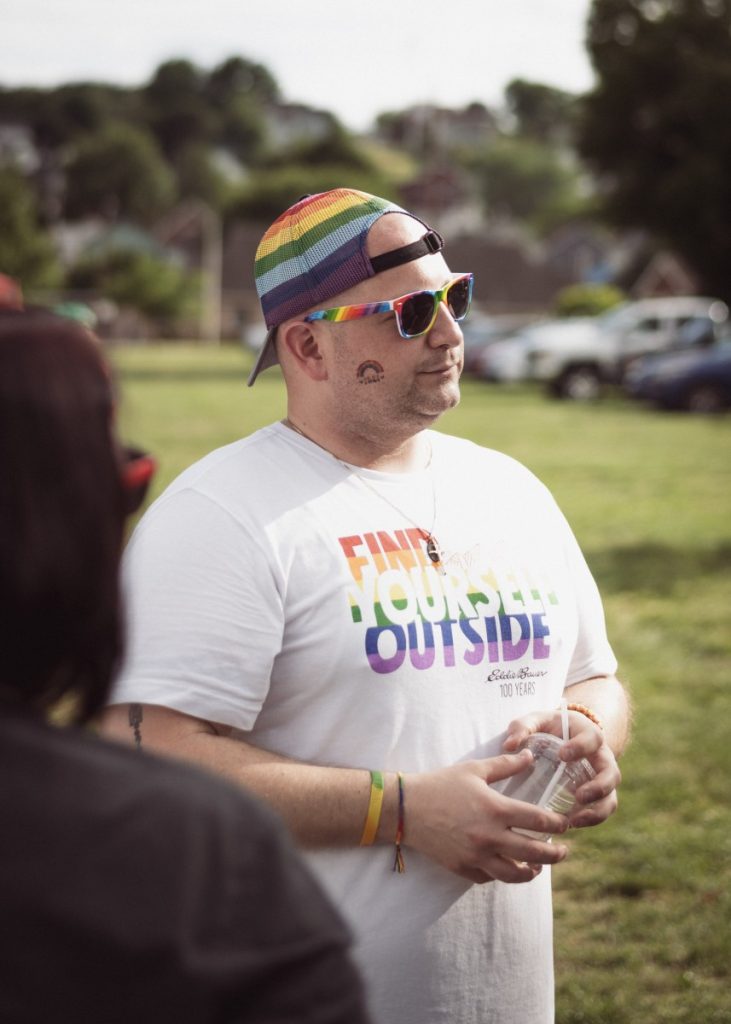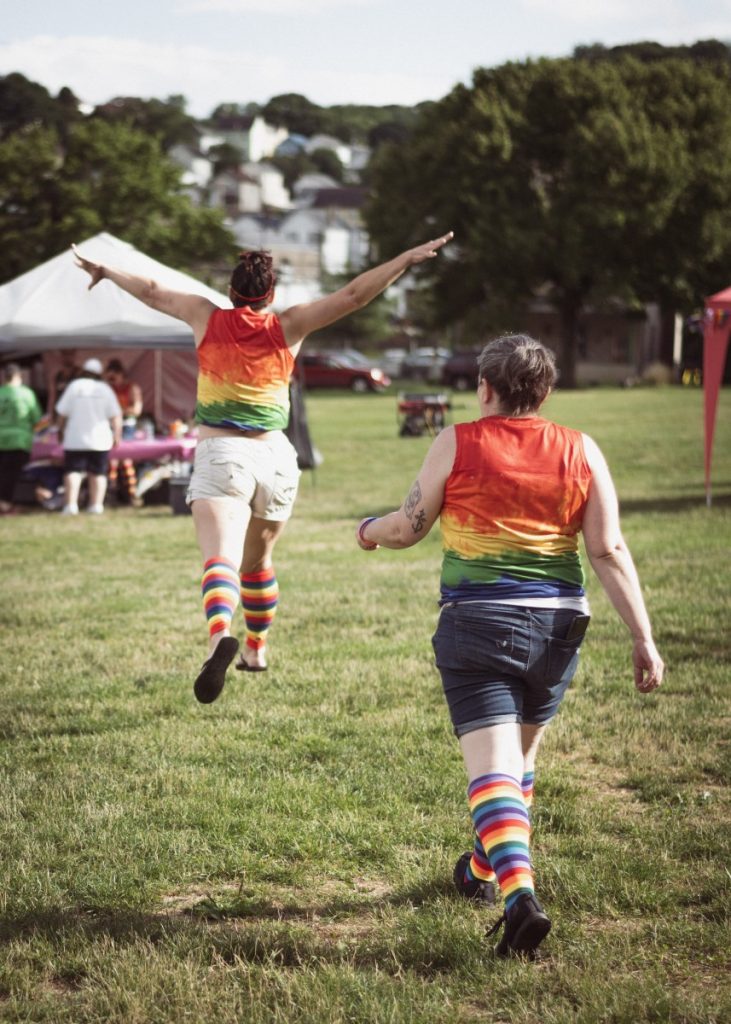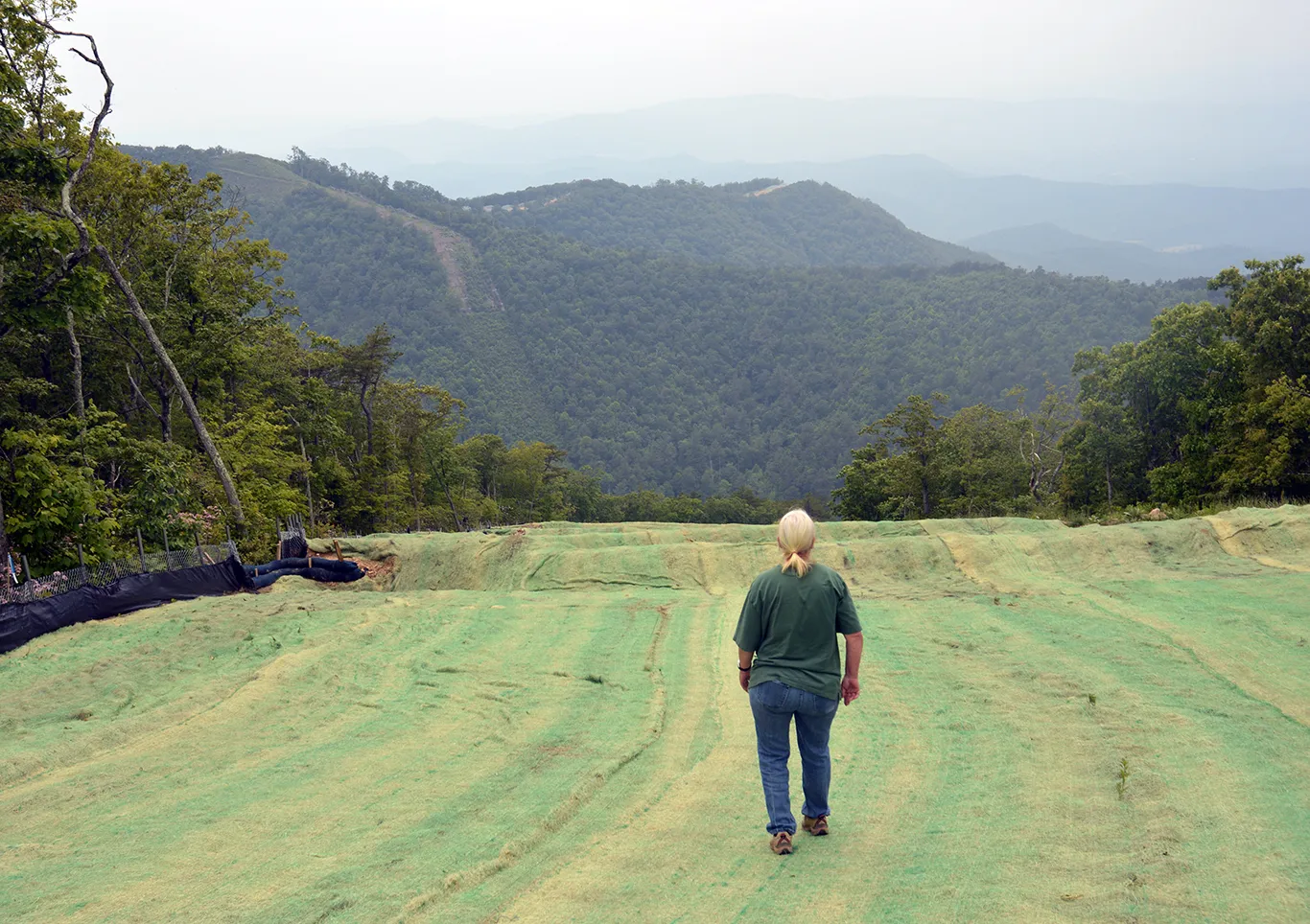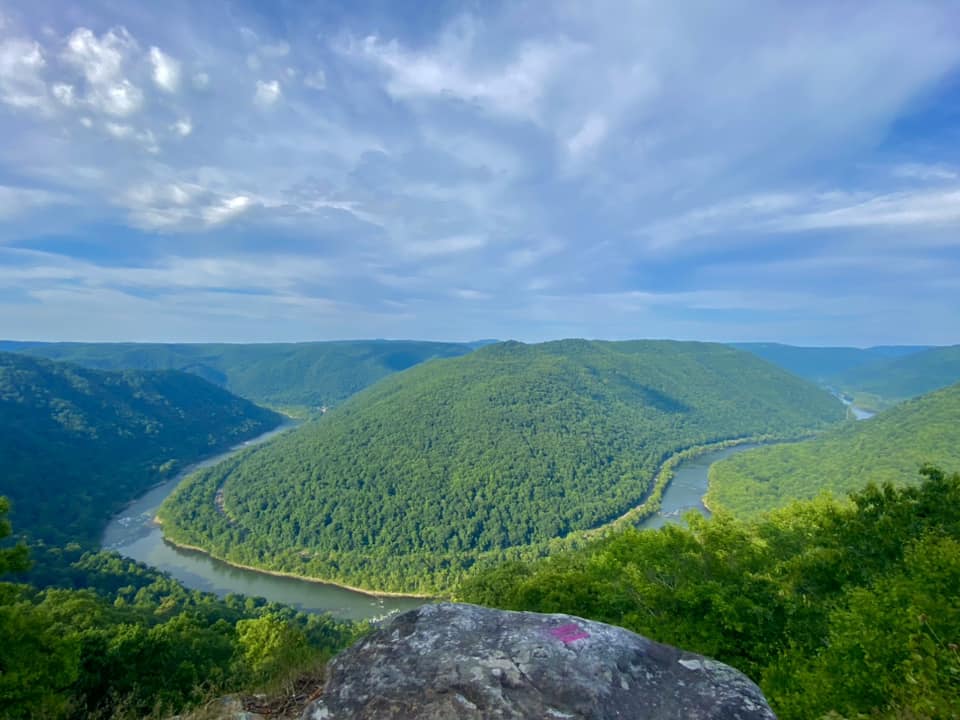1993:
Our pastor swayed slowly under the cover of a park pavilion — the kind rented out for graduation parties and wedding showers — and the rest of us stood on muddy grass to look at him. It was our church’s annual sunrise Easter service, held in a small park outside of town. We were the only church in town, but not the only congregation. The swaying man got us to see ourselves as the only legitimate Body of Christ, the only ones hearing His message. Everyone else in the triptych of nearby towns — Leechburg, Apollo, Vandergrift — was a diversion, a temptation to tune into hell and miss the call of heaven.
2023:
My hometown of Vandergrift, Pennsylvania markets itself as a Victorian-era gem designed by landscape architect Frederick Law Olmsted. It was the nation’s “first worker-owned town,” with some restrictions applying. In my memory, it’s a lonely place. It’s a place where I felt excluded in part by my own beliefs, and in part by a conservative culture that didn’t want to see the queer creature I was becoming. I haven’t lived in Vandergrift for 20 years, but returned in June to see the unimaginable take place: the town’s inaugural LGBTQ+ Pride event — Vandergrift PRIDE in the Park.

Vandergrift is folded into the Kiskiminetas Valley, about an hour northeast of Pittsburgh, though I think that measure misleads. Geographically, Pittsburgh is close. Ideologically, things are more complicated. As PRIDE in the Park attendee Zach Clark explained it, “Vandergrift has always been insular, has always had an attitude of ‘We can handle this on our own.'”
This insularity is cracking open. “Change is coming from the younger generations,” long-time East Vandergrift resident Kedrin Lasher told me. “They care and don’t care where they come from. They care because it’s close to them, but they don’t care about how things used to be because that’s not working.”
Brianna and Trevor Burd are likely two of the people Kedrin has in mind. The Burds are local artists who organized Vandergrift PRIDE in the Park after their friend, Shannon Visconti-Gourley, pointed out the absence of Pride events in the ‘Kiski Valley.’ The result was the one-day event that had all the modern Pride season trimmings: drag bingo, rainbow temporary tattoos, gay anthems on the stereo and women wearing t-shirts reading “Free Mom Hugs.”
The Burds, Visconti, and others who own businesses in Vandergrift’s downtown are looking to make the town more “people-focused and forward-thinking,” Brianna told me. The trouble, as they see it, is the ‘old guard’ of town council-people who are nostalgic for the town’s early-1900s boom — a boom they never saw personally.

“It’s not fair to say yesteryear was primetime,” Clark adds. Clark returned to Vandergrift in June of 2023 after being laid off. He’s searching for a job, but also searching for medical and mental health services that understand the complexities of gender and sexuality.
“There’s nothing here for us. There’s nothing someone in crisis can do,” Brianna Burd said of the lack of local resources for LGBTQ residents. None of the websites for local therapists list matters of gender or sexuality as something they’re equipped to help you face. Unless, of course, you count the Biblically-based therapist who specializes in ‘porn addiction.’ I wouldn’t count him. I reached out to several providers in the immediate area, hoping they were more open than I presumed. None of them returned my messages.
Unreturned messages formed my queer youth in this small Appalachian town. I sent out little signals about my desires and needs, about the images I wanted to make of myself, and of the guttural ache to not be knocked around by school boards and church leaders. I wanted to ask for room to breathe.
When I opened my mouth, those same leaders crammed it full of words I couldn’t swallow — diatribes about manliness, questions about a mandatory future girlfriend, and jeers about what a faggot I was. I choked until I left that town, found people who were throwing up all the same garbage as me. I found people who could return my message.
In the Vandergrift of today, people like the Burds are trying to return those messages, and there seems to be public buy-in. A Pride booth from PGH LGBTQ Charities handed out free “Protect Trans Kids” lawn signs. By late afternoon, all the signs had been taken. Sapphire Dehaven, a drag performer from Uniontown, told me she’s performed in Vandergrift three times in the past month — all charity events. Tickets for at least one of those performances sold out. The firehouse bingo fundraiser, a structural beam in small town Appalachian society, is now where the Sapphire Dehavens of the world can be found.
All the same, younger residents are impatient. Mark and Merlin, two fresh-faced Vandergrift PRIDE attendees, said they’d like to relocate to somewhere busier and more visibly LGBTQ-friendly. Mark wants more social spaces. Merlin, whose family has been in Vandergrift for three generations, is thinking of moving to Hawai’i. “Vandergrift has the ability to become a good city — it just needs to become it,” Merlin told me.
The more I asked Pride attendees about identity, safety and acceptance, the more they directed my attention back to what structures everyday life in Vandergrift. The town’s only grocery store was replaced by Dollar General in 2018. There are empty storefronts, a lack of public transit, diminishing paychecks, and the long tail of the COVID-19 pandemic. Being “out,” being visible and proud of being LGBTQ is great, but it’s not fresh food or access to a doctor. It’s not the money to pay your rent.

Instead, something like Pride in the Park is a beautiful luxury. People who have never been poor think that poor people should never have luxury, not until they stop being poor. Anyone who’s ever been poor knows you have to splurge. Get sparkly, jazzy, lit up, ready to blare like a Pride season loudspeaker looping through Abba’s greatest hits. You have to remember to love being alive.
As the event was winding down, I talked with Kedrin Lasher and her wife, Amy. Kendrin is an antiques dealer, and her vendor booth held a rainbow array of small glass vases among other items. She told me, “I love my hometown whether it loves me back or not.”
It’s a difficult and indelible feeling, belonging to a place even if you can’t quite belong in a place. It’s the feeling that brought me back to Vandergrift. I didn’t belong in Vandergrift when I was growing up, but now there are people who are willing to hear the messages I’m sending out.
Dani Lamorte is a Pittsburgh-based artist and writer. His first book of essays, “Nothing to See,” is forthcoming from University Press of Kentucky. More at: www.danilamorte.com
Editor’s Note: This story was updated on July 5, 2023, to correct information about Zach Clark, who returned to Vandergrift after losing a job.



